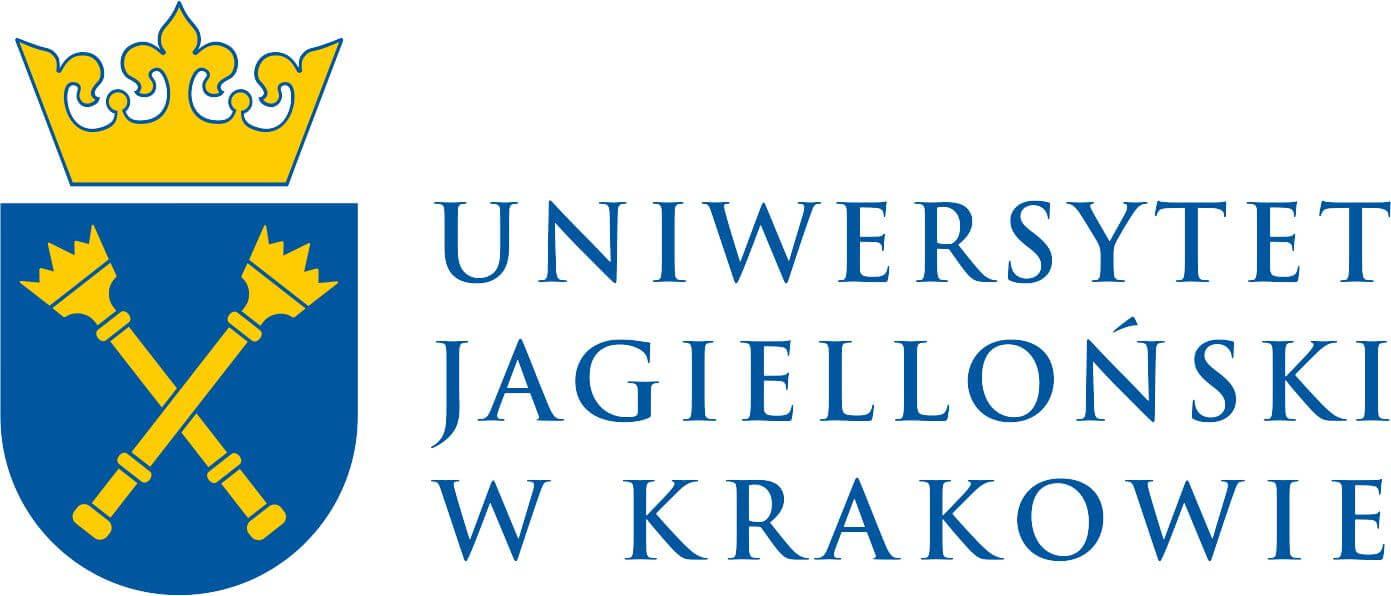THE CYBER-VIRUS PANDEMIC: TACKLING THE RUSSIAN VARIANT
THE CYBER-VIRUS PANDEMIC: TACKLING THE RUSSIAN VARIANT

22.12. 2021
Roman Kolodii
The passing year of 2021 has marked yet another attempt at return to normalcy. Throughout the globe, countries have launched large-scale vaccination campaigns to boost immunity of the population and curb the raging waves of coronavirus infections. The Covid pandemic has remained the single most urgent healthcare emergency out there. However, there has been another pandemic in the wild. Its ‘coronavirus’ does not affect humans but machines, and the vaccines against it are less effective than those used to protect human immunity. This pandemic is man-made, and manifests itself in the form of elusive cyber-viruses that disrupt network systems of targeted countries.
This year of 2021 was yet another reminder of the salience of cyber intrusions. In May, the US major oil pipeline system Colonial Pipeline became a target of a ransomware attack which resulted in the malfunctioning of the system, fuel shortages and the introduction of state of emergency in the US. Linked to a Russian cyber-criminal group DarkSide, this incident became a subject of discussion between the leaders of the US and Russia during their June summit in Geneva. More recently, the British National Cyber Security Centre pointed to a rapid surge in cases of ransomware attacks this year, most of which, according to the organization, originate from Russia. The Czech Republic has also been a target of cyber-intrusions, with Czech diplomats’ emails compromised in 2017 and Czech hospitals attacked in 2020. In both cases, the attacks were traced back to Russian hackers.
As Russia amasses troops along the Ukrainian border, escalating the security situation in the region through conventional warfare, many experts worry that Russia may also reinvigorate its cyber operations to test the resolve of the Western block even more. In this light, many also point to the impact on this of special partnership between Russia and China, who are both alleged to conduct cyber operations against Western nations and who are extremely critical of liberal world order sponsored by the West. In this regard, there arises a legitimate question of how successful the West can be in resisting and discouraging an increasing Sino-Russian pressure, especially in the area of emerging cyber-technologies. Can Sino-Russian partnership compromise the Western unity and its leadership in technology?
I have been intrigued by this question for quite a while now. The existing literature, however, has been mostly tilted towards the analysis of individual technological capacities of the said nations. Such studies would well illustrate how powerful the US, China or Russia respectively are in their technological development. However, they would much too often leave out an in-depth examination of how their collective cooperation with allies position them within their competition with potential adversaries. To cover this gap, I have dedicated my recent research to the investigation of technological cooperation within traditional close geopolitical partnerships. In this regard, while comparing Anglo-American high-tech partnership built on liberal ideology with Sino-Russian technological partnership predicated on authoritarian practices, I have discovered a number of noteworthy discrepancies.
Based on the available data, Anglo-American strategic technological partnership is much more powerful and better arranged than its Sino-Russian counterpart. There exists a high degree of coordination and interoperability between the US and UK, which allows them to cooperate productively on network defense and cybersecurity. Examples of this include multifaceted cooperation between US and UK computer emergency readiness teams (US-CERT and CERT-UK) for critical information infrastructure protection, the cyber data sharing mechanisms between American NSA and the FBI, on the one hand, and UK Government Communications Headquarters (GCHQ) and the Security Service (MI5), on the other, as well as their joint cyber exercises and war games, like those involving the Bank of England and commercial banks from London and New York in 2015, which allowed them to practice assertive, pre-emptive and deterrent operations in cyberspace. Both countries have also conducted joint digital surveillance through UK-U.S. SIGINT agreement and the cooperation framework between US NSA’s PRISM program and GCHQ’s TEMPORA program. Finally, there exists a strong network of public-private partnerships in the area of cyber-technologies within Anglo-American partnership. Both governments actively cooperate with tech giants such as Facebook and Twitter in accessing communication chains of terror suspects. Google’s DeepMind assisted UK’s national healthcare provider NHS in elaborating AI solutions to improve diagnostics and treatment of diseases. On another occasion, leading private technological companies from the US and UK such as Lockheed Martin, FireEye and Amazon Web Services participated in the signing ceremony of the Cyber Accord between US and UK governments in 2018, which highlighted the influence of private companies in boosting US-UK high-tech cooperation. All this, coupled with vibrant academic collaboration and exchange of scientific expertise, like that within Cambridge vs. Cambridge cybersecurity competition between MIT and the University of Cambridge, makes up a diverse, interoperable and well-coordinated mechanism for technological cooperation between the US and UK.
Sino-Russian technological partnership, on the other hand, seems much less competitive than its Anglo-American counterpart. Most of Sino-Russian technological cooperation is dedicated to projects related to Internet sovereignty, which is an idea that central governments should play a decisive role and exercise the most discretion with regard to the governance of network systems within their jurisdiction. Most salient Sino-Russian high-tech projects are aimed at state surveillance and digital oversight. Examples include the purchase by Huawei of facial recognition technology developed by Russian startup Vocord and the release by China’s Dahua Technology and Russia’s NtechLab of a camera with facial recognition features to improve policing in both countries. Another example is Huawei’s financial support of the construction of data storage and processing facilities in Russia called Siberia Clouds in 2017, as well as active negotiations between Russian officials and their Chinese counterparts regarding the import by Russia of Chinese data localization technologies, including those related to China’s Great Firewall. However, both countries’ cooperation on network defense and cybersecurity, as well as data sharing and joint cyber exercises, seems quite underdeveloped compared to the US and UK. The institutional organization of Sino-Russian technological cooperation, represented by Russo-Chinese Sub-Commission on Communications and Information Technologies involving government officials from both countries, is also not as diverse and interoperable as US-UK collaborative mechanism, especially in the area of artificial intelligence. There have also been reports, like those by Kaspersky Lab, alleging the involvement of Chinese hackers in the attacks against Russia, targeting its defense, nuclear, and aviation industries, which nearly tripled in 2016 compared to 2015. Finally, a major portion of Sino-Russian high-tech investments comes from Beijing, which further deepens Russia’s dependence on China and their technological inequalities.
This comparison indicates that the Western alliance spearheaded by Anglo-American partnership still retains an upper hand in its ability to mobilize its strategic resources to collectively address common threats in the cyber realm. Russia, in its turn, while increasingly investing in high-tech development, has to rely mostly on its relatively limited partnership with China or its even more limited individual capacity to impose its vision of global Internet governance and international cyber-security landscape. Given the growing threat of Russia’s renewed interventionist actions in Europe, the West can still be assured of its own strong technological advantage and unparalleled ability to confront aggressive actions of adversaries through concerted collective effort. If exercised properly, this advantage of the West may show a promise of containing new waves of the cyber pandemic and curbing its mutating viruses, many of which are—quite demonstrably—the Russian ‘variants’.


































